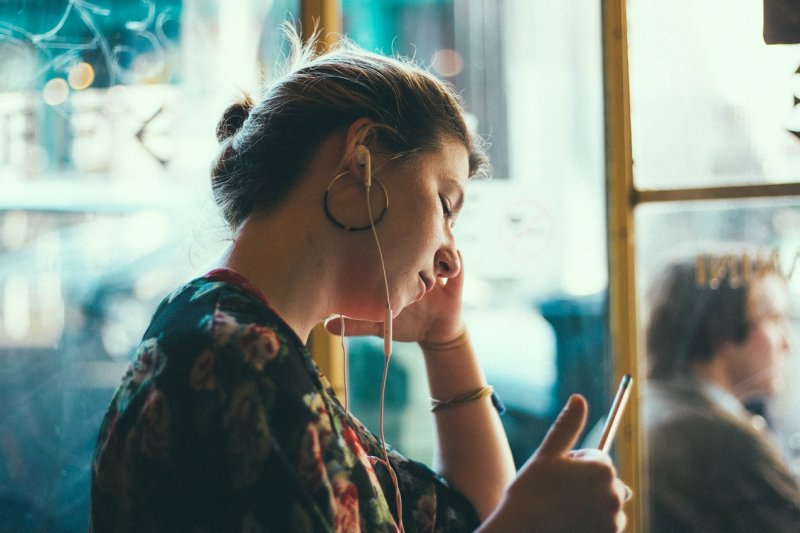Adults with depression may benefit more from psychotherapy than children and adolescents, a new study has found. Photo by StockSnap/Pixabay
March 18 (UPI) -- Psychotherapy may be more effective for adults with depression than for children and adolescents, a new study has found.
In a review of research published Wednesday by JAMA Psychiatry, the international team of authors looked at data from 366 studies, with more than 36,000 participants, comparing depression symptoms in people undergoing cognitive behavioral therapy to those in people receiving other treatments.
Generally, those focusing on adults and older adults over age 24 found therapy was more beneficial for these age groups than it was for children, adolescents and young adults, the researchers report.
"The take-home message for people dealing with depression is that psychotherapies do not work as well in children and adolescents, compared to adults," co-author Dr. Pim Cuijpers, a professor of clinical, neuro and developmental psychology at the Vrije Universiteit in Amsterdam, told UPI.
"In general, though, psychotherapies are still very important and effective," he added.
Of the studies Cuijpers and his colleagues analyzed, 13 involved therapy in children age 13 and younger, 24 focused on adolescents between 13 and 18, 19 enrolled young adults between 18 and 24, 242 included middle-aged adults between 24 and 55, 58 featured older adults between 55 and 75, and 10 enrolled "older old adults" 75 years and older.
For each, researchers calculated an "effect size" by subtracting the mean depression score of the psychotherapy group from the mean depression score of the control group, divided by the pooled standard deviation and corrected for small sample bias.
The overall effect size for psychotherapies across all age groups was 0.75, which is considered a large effect size and an indicator of the effectiveness of therapy for depression.
However, the effect sizes in the studies were much smaller for children, at 0.35, and adolescents, at 0.55, than in young adults, at 0.98, middle-aged adults, at 0.77, older adults, at 0.66, and in older old adults, at 0.97.
According to the authors, though, these findings "should be considered with caution" due to the suboptimal quality of most of the studies included in the analysis and the differences in how each of them were structured.
"I hope that our findings do not influence how patients manage their condition," Cuijpers said. "Treatments should be discussed (with) their clinician. Together, they should decide which treatment is best."















